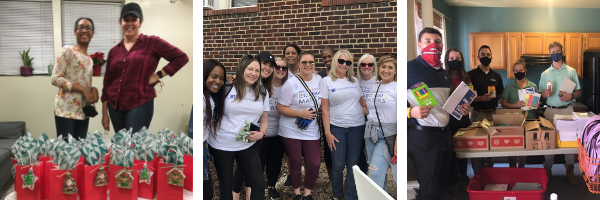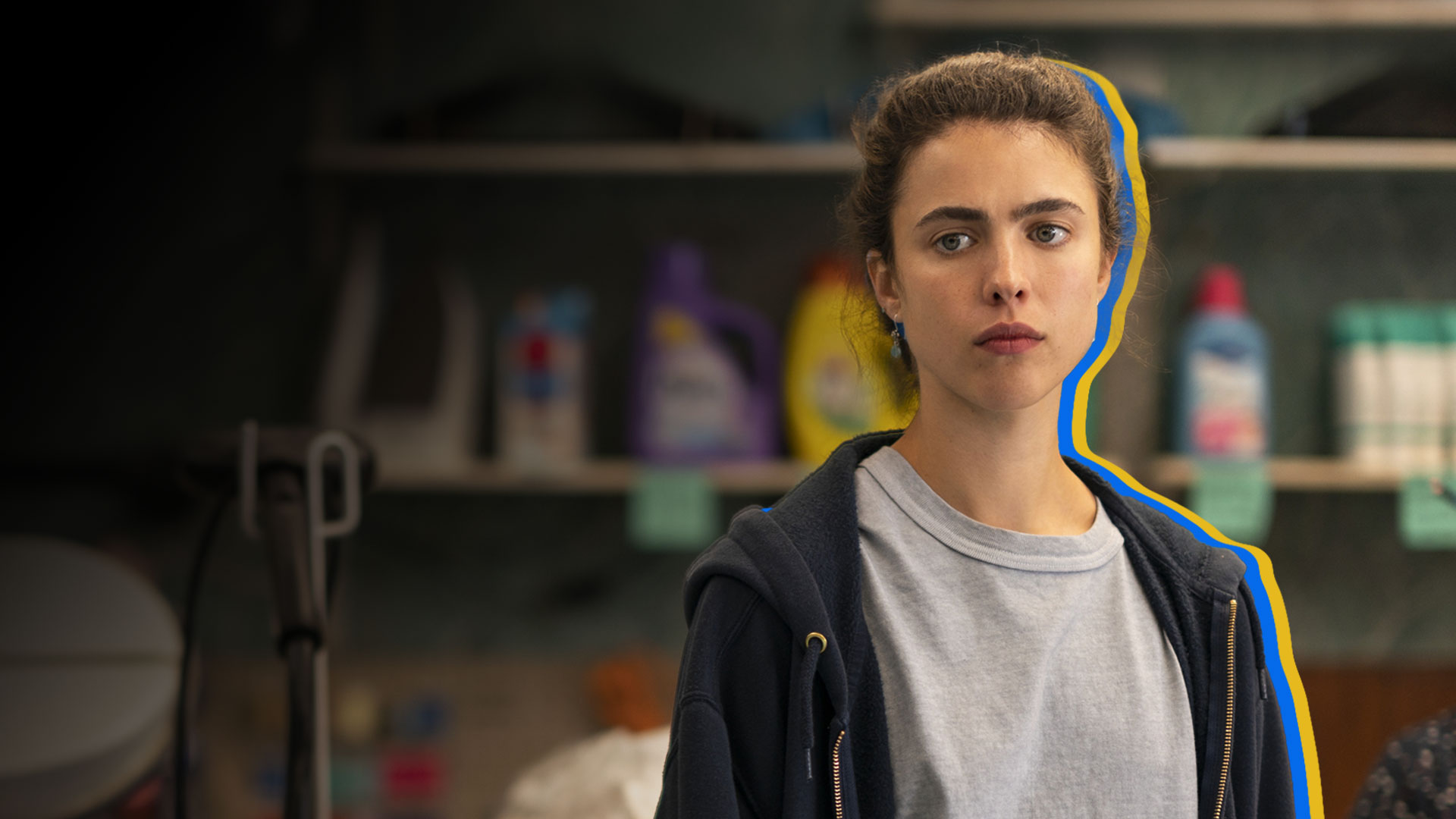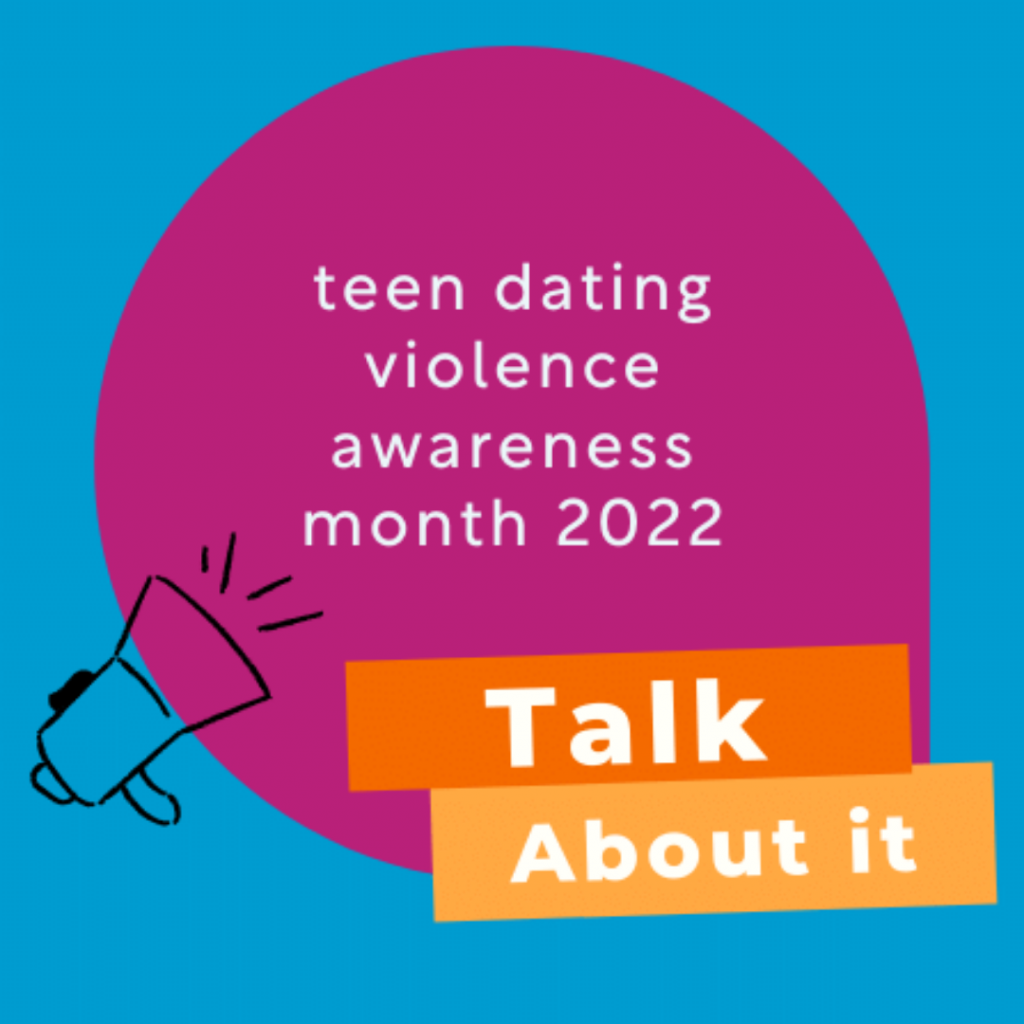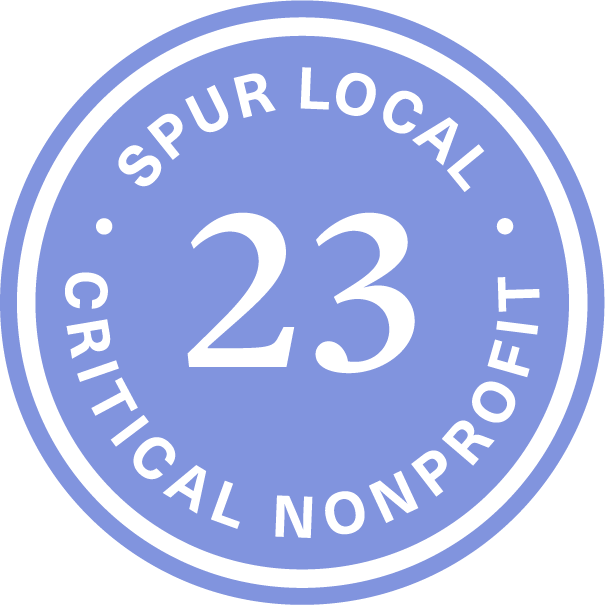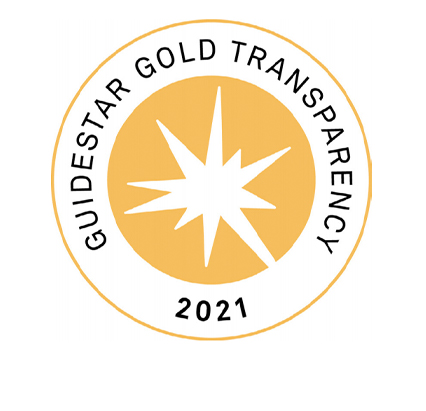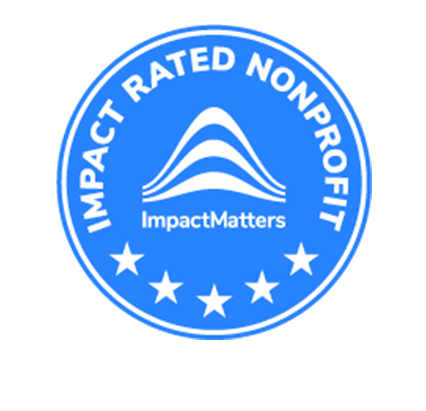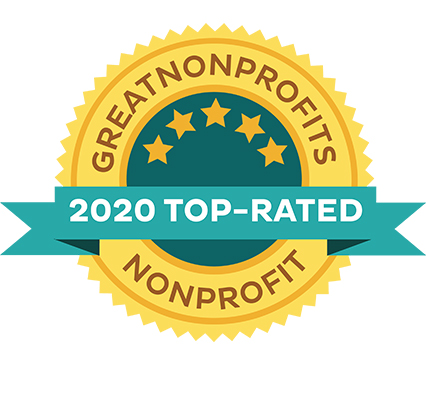Celebrating 2 Years of Right to Dream Through the Eyes of Survivors
On the 2nd Anniversary of DASH’s innovative Right to Dream program, the first two-year safe housing program for transitioning youth survivors (ages 18-24) in DC, we would like to share just some of the stories our survivors have shared with us. What they’ve overcome, how the program has helped them, and where they are today.
Erica

“Erica” entered the Right to Dream Program in October 2020. She is very proactive in her housing process, finding employment training and employment opportunities. She has completed a recent training program and is gainfully employed and states she is super excited for the opportunity. She’s grateful to DASH, and DHS, for helping her regain her independence.
Letitia

“Letitia” was one of the first Right to Dream participants. Prior to entering the program, she was homeless and found herself couch surfing, staying with friends/family, and when she could afford it, hotel stays, where she often faced unsafe situations.
Despite her housing circumstances, her resilience allowed her to continue working her full-time job. She signed her first lease within a month of entering the program and had a smooth transition into her new home. For “Letitia”, having her own safe space, means she can focus on her overall well-being and no longer deal with toxic individuals from her past.
Letitia will continue working on her goals and prioritizing her mental health and she hopes that her remaining time in the program will help her heal from the trauma she has endured.
Alexis

“Alexis” was the very first participant to enter the RTD program in October 2020. Prior to entering the program she was couch-surfing staying with friends and family. She moved into her new home and immediately established goals she wanted to accomplish. While she did face setbacks due to the pandemic because employers were taking longer to hire, despite her many attempts and rejections, she persisted. Now she is working towards her goals of starting a savings account and enrolling in a nursing program.
To learn more about our Right to Program, send an email to righttodream@dashdc.org.
Donovan Trott, Manager, Development & Communications




